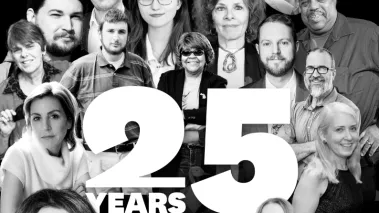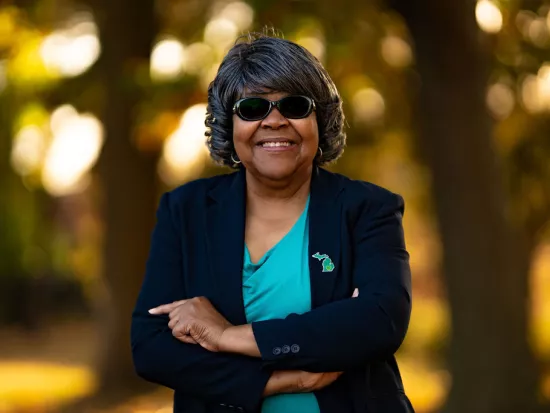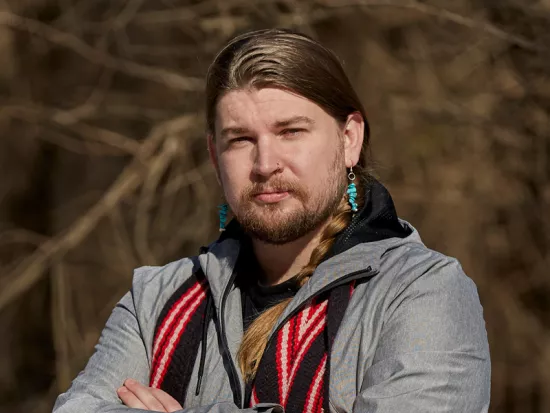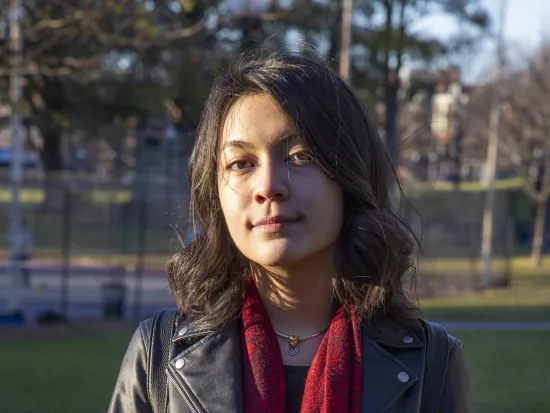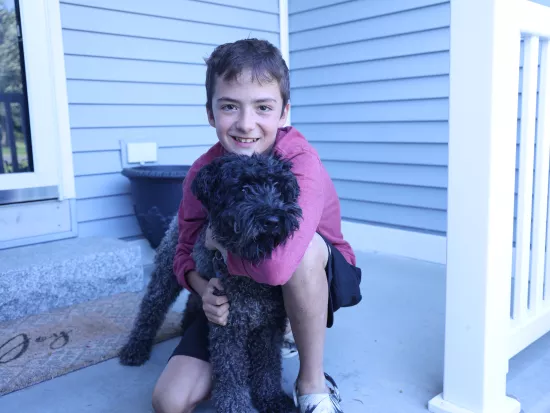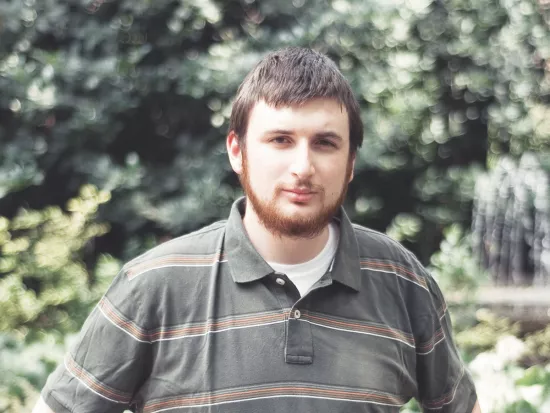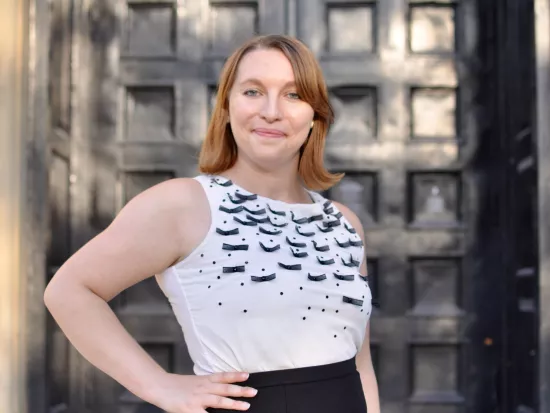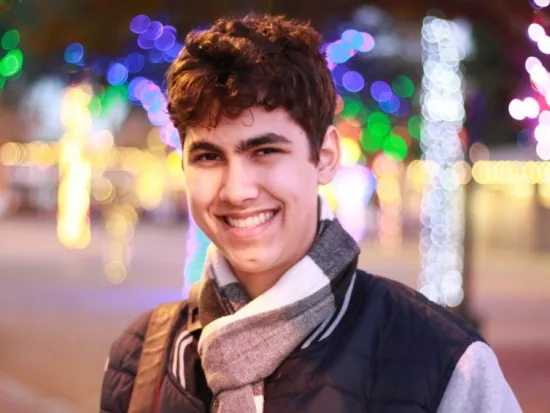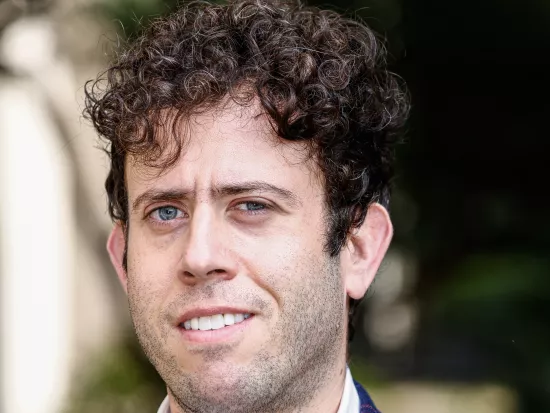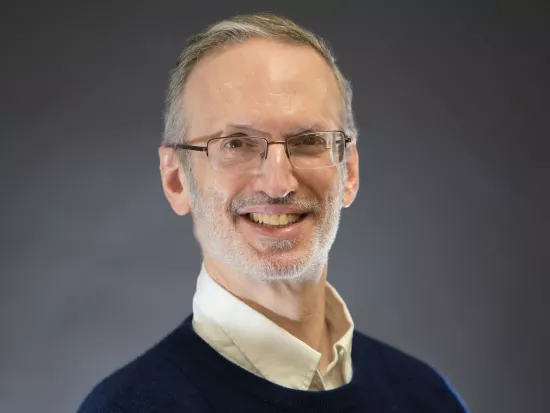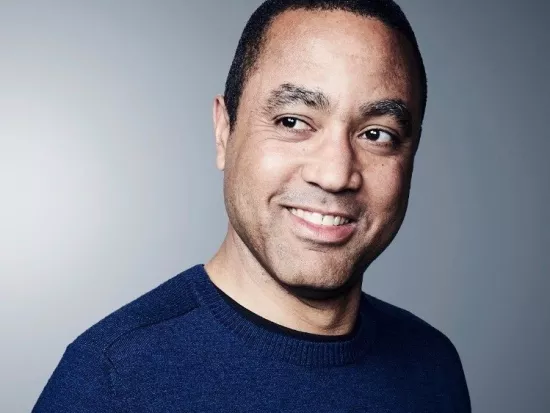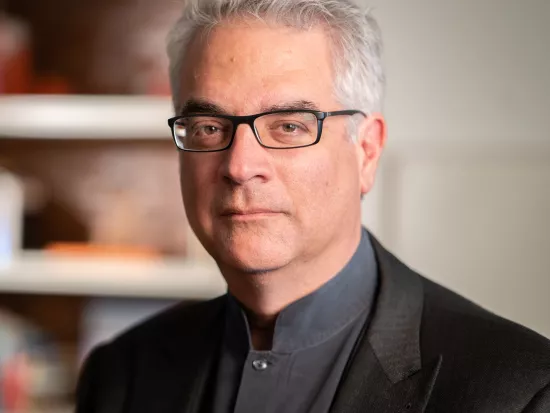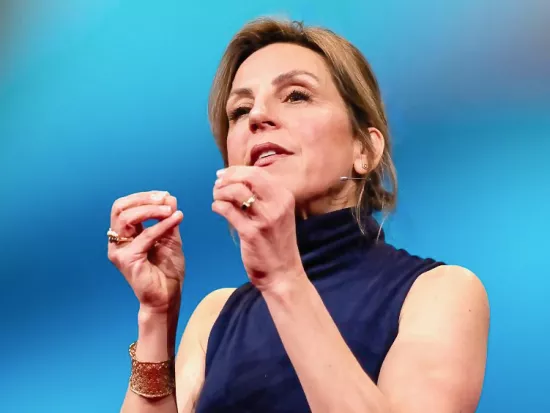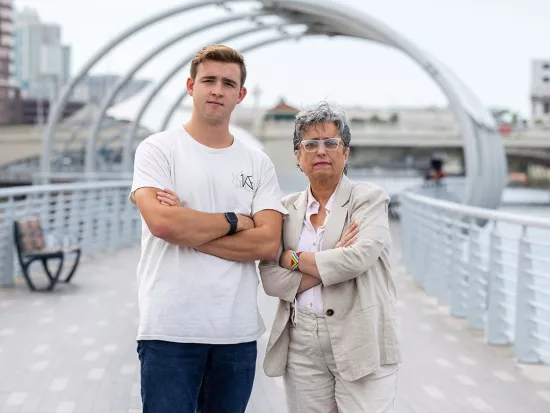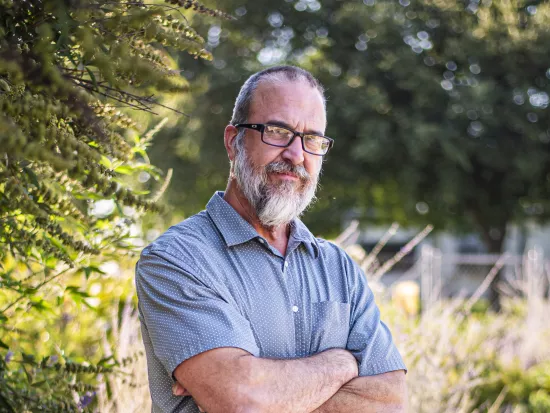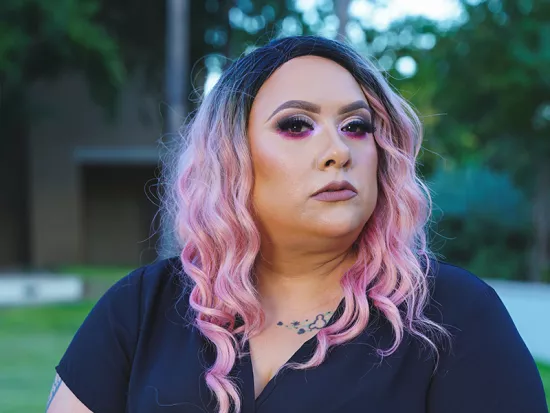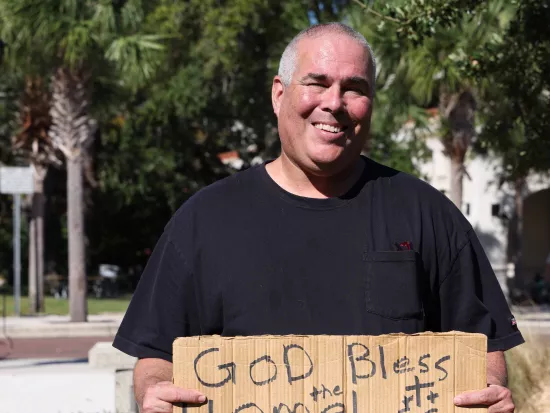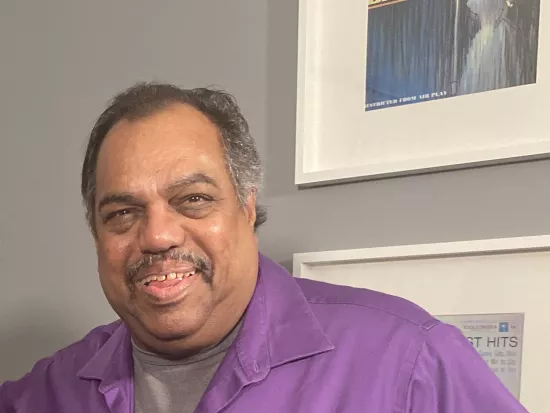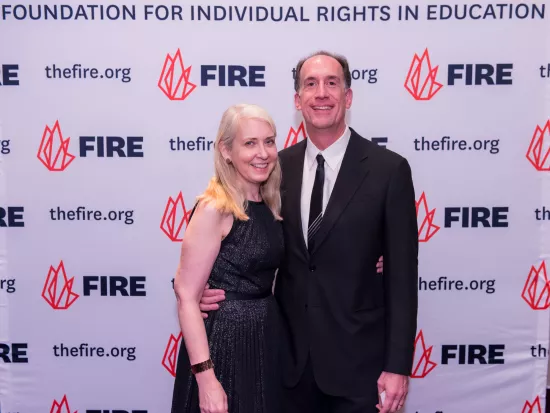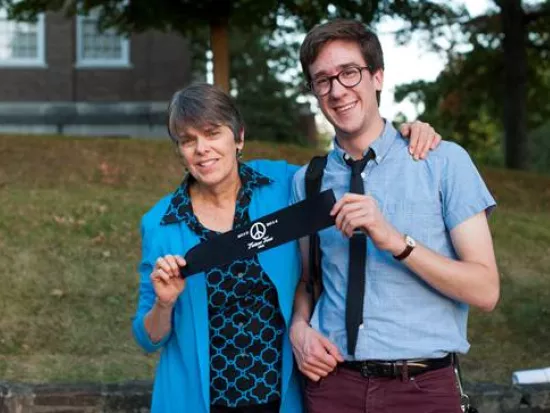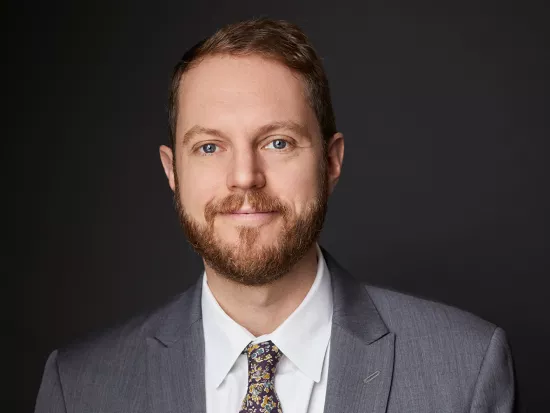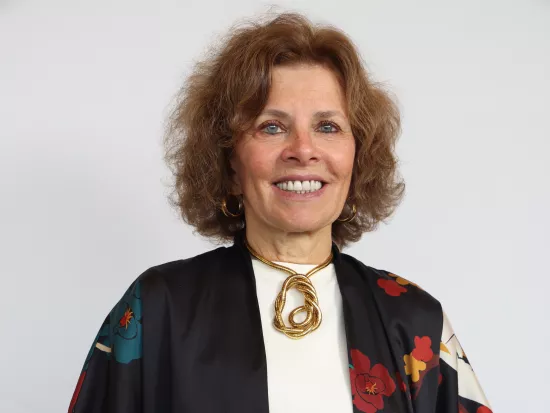Mary Hall-Rayford
Community Leaders
Public officials are tasked with responding to the needs of their constituents — but it’s tough to do that while shouting them down. Fortunately, after the mayor of Eastpointe, Michigan, repeatedly shushed members of her own community who criticized her during the public comment period of city council meetings, Eastpointe resident Mary Hall-Rayford held her accountable.
Along with three other Eastpointe residents, Mary sued the city with FIRE — and achieved a resounding victory for free speech this year. Thanks to their efforts, city residents now know they can voice their concerns at city council meetings, even if that means criticizing elected officials. Giving Eastpointers another reason to celebrate, the city also established an annual First Amendment Day as a reminder of the continued importance of free expression.
Mary’s courageous actions go to show that when our rights are violated, we don’t have to sit back and accept it. When public servants fail to uphold their duty, everyday citizens can perform the public service of fighting back.


